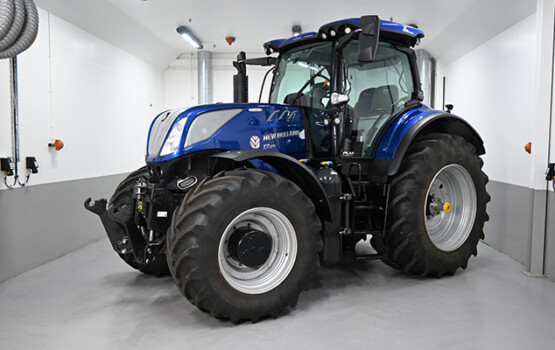Portal for more climate-friendly mobility
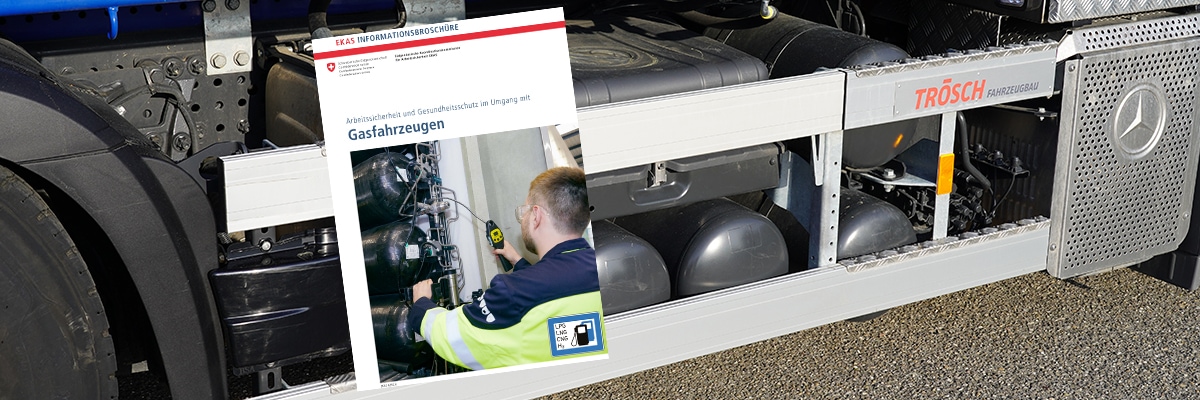
Brief information for professionals
Driving with CNG and biogas is just as safe as driving with petrol or diesel, and the risk of fire or explosion is even lower. However, there are certain things to consider when working and repairing cars. A new information brochure now summarises all the important details about working with gas vehicles – whether CNG, LNG or H2.
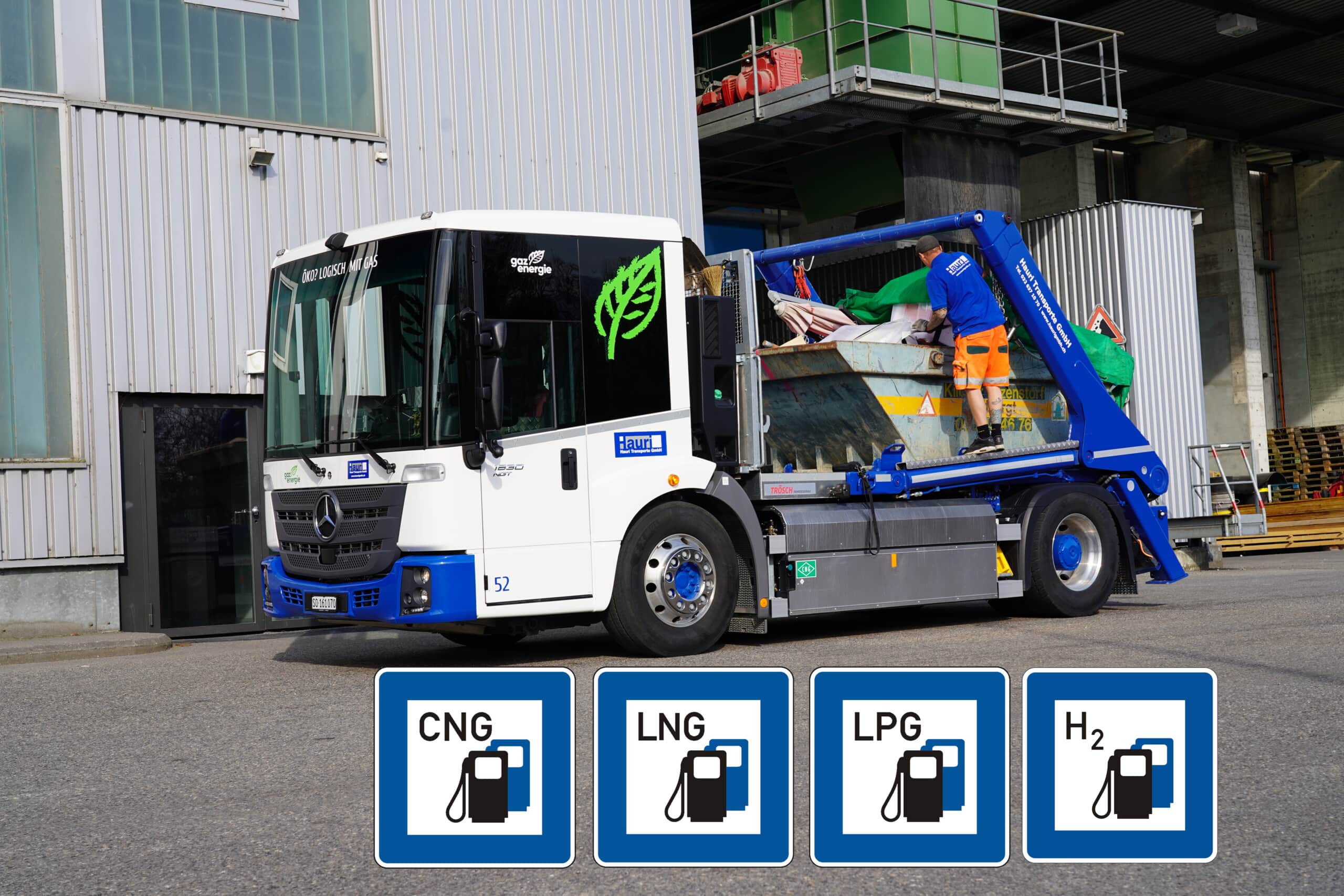 More and more vehicles – especially in the commercial vehicle sector – are being powered by gas for greater climate friendliness. Source: CNG-Mobility.ch/AGVS
More and more vehicles – especially in the commercial vehicle sector – are being powered by gas for greater climate friendliness. Source: CNG-Mobility.ch/AGVS
Driving with biogas or CNG in the tank, as well as the liquefied variants bio-LNG/LBG and LNG, is not only more climate-friendly than conventional fuels, but also at least as safe. The gas tanks in CNG vehicles are all designed, produced and certified in accordance with the highest industry standards. In day-to-day operation, the pressure in the tank is around 200 bar, but gas cylinders are built to cope with up to 600 bar. In addition, the tanks and also the fuel pumps in the power units are equipped with safety valves that prevent any uncontrolled flow of gas.
Besides, CNG and biogas only start to burn at 600 degrees, and vehicles and tanks do not simply explode after a crash like in Hollywood action movies. But if gas does ignite as it flows, it burns in a narrow flame similar to a welding torch.
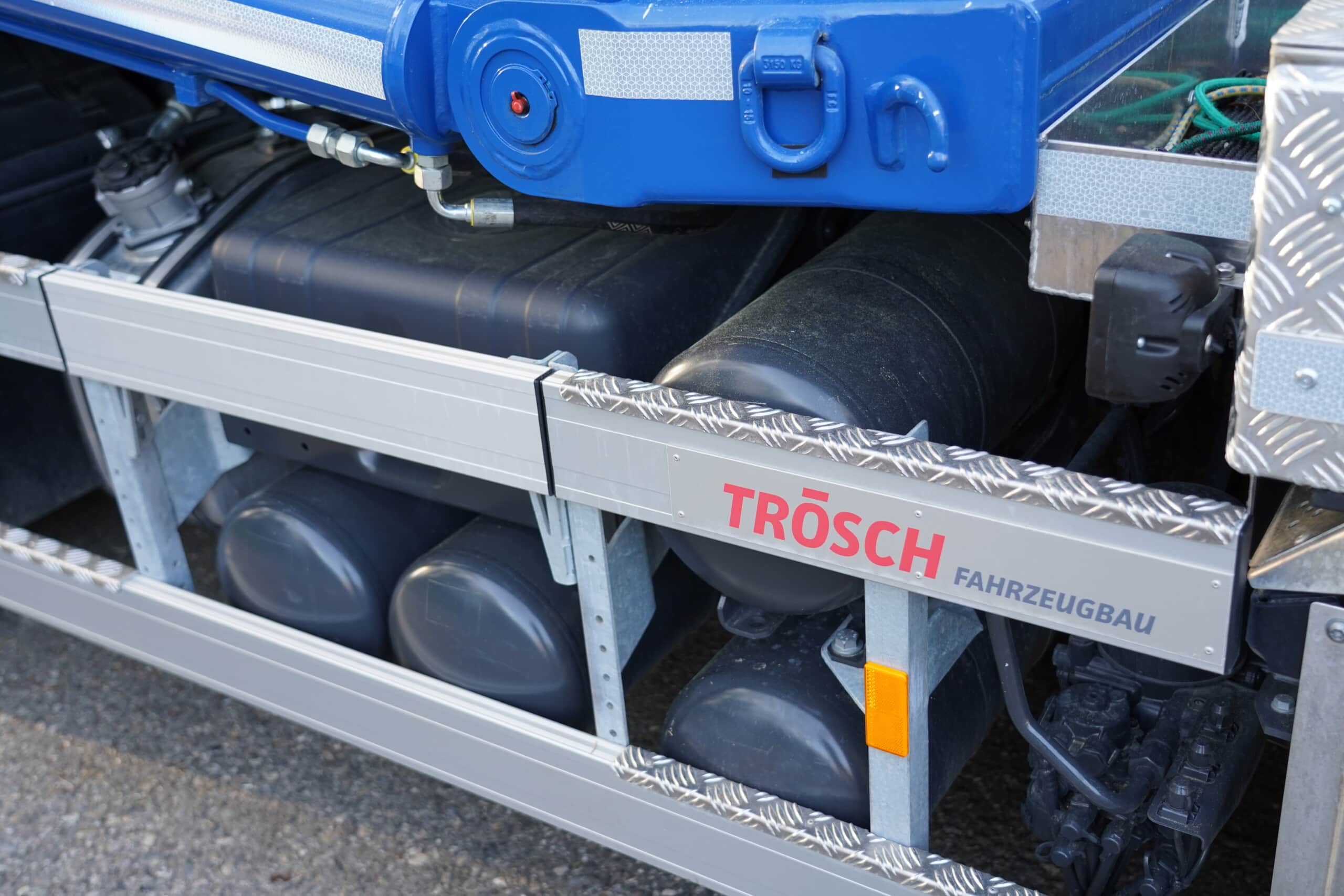 Driving with gas is just as safe as with gasoline or diesel, and the risk of fire/explosion is even lower. Source: CNG-Mobility.ch
Driving with gas is just as safe as with gasoline or diesel, and the risk of fire/explosion is even lower. Source: CNG-Mobility.ch
Driving and working day-to-day with gas vehicles are one thing, but there are certain details to bear in mind when repairing and actually working on vehicles – just like with electric vehicles – for which even skilled vehicle mechatronics technicians require special high-voltage training. The Federal Coordination Commission for Occupational Safety (FCOS) has therefore produced a new information brochure to help ensure occupational health and safety are observed when working with LPG (liquefied petroleum gas), CNG (compressed natural gas), LNG (liquefied natural gas) and H2 (hydrogen).
The information brochure describes the current state of the art, informs employers and employees of potential hazards and outlines suitable measures for people who work with gas vehicles on a professional basis. These include issues such as correct storage of gas containers during maintenance work or the blowing off of gas, which is performed, for example, before repairing a truck with a CNG drive and tanks that are still full. The free FCOS information brochure also contains plenty of relevant information for private individuals. (jas, 16 August 2022)
You might also be interested in
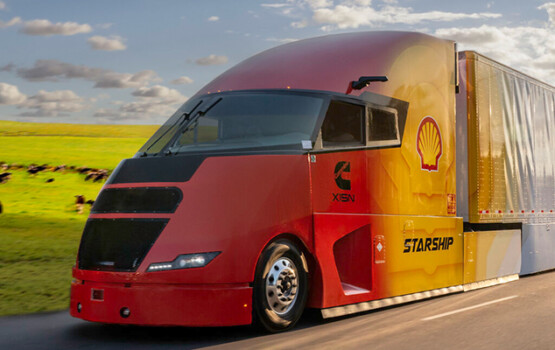
Shell Starship on record hunt
